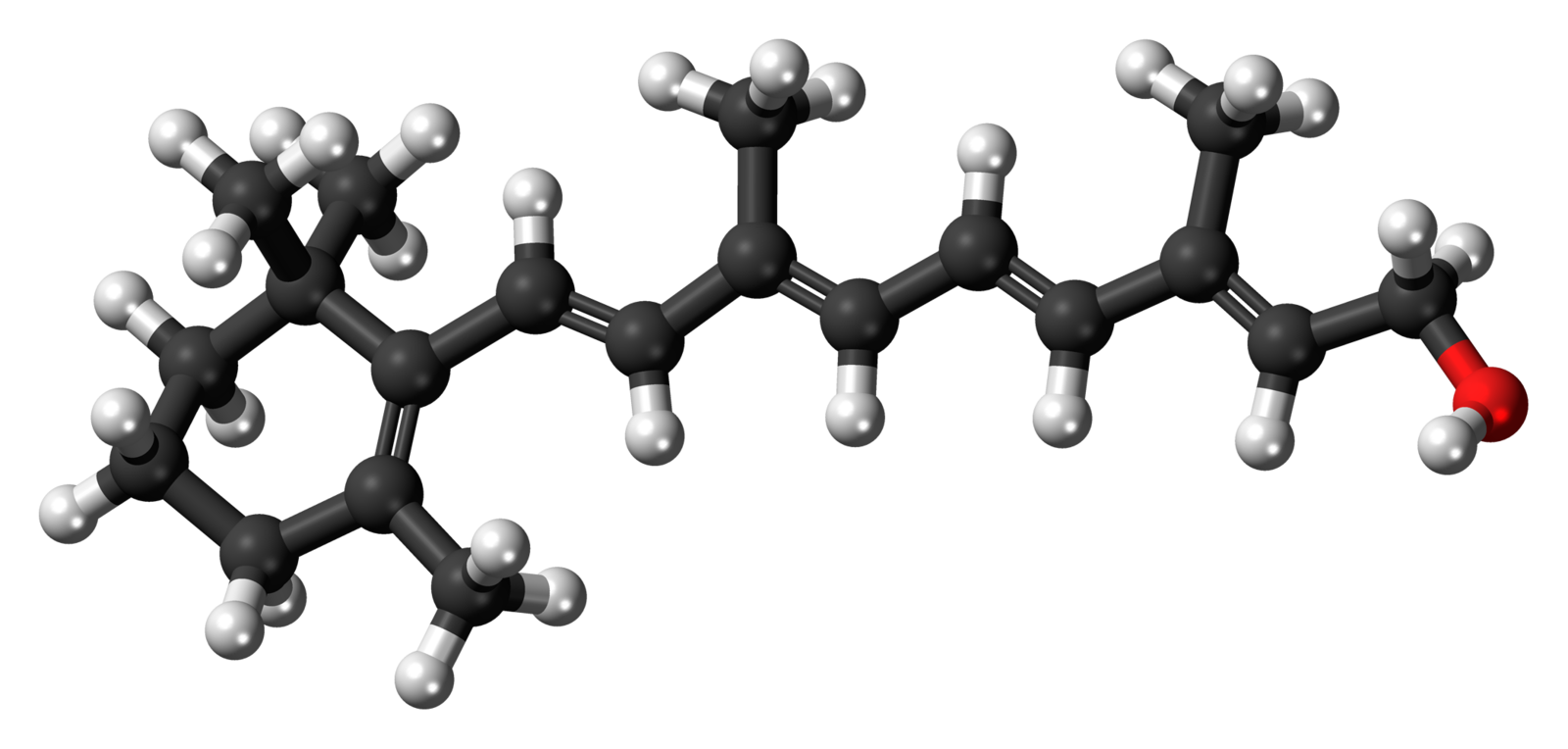Difference Between Retinol and Vitamin C
What is Retinol and Vitamin C?
Retinol and vitamin C, are 2 anti-aging skincare powerhouses that ensure and promise powerful skin healing properties and beneficial results in real time.
What is Retinol?
Retinol is one of the many different types of retinoids and is the umbrella term allocated to all vitamin-A derivatives. Vitamin A or retinol is an anti-aging molecule which is responsible for acceleration of skin-renewal and reduction of lines, age spots and wrinkles.
Retinol, sinks into the skin and helps in speeding up cell turnover, further helping the body to churn out smoother and fresher, skin again. It basically tricks the body into the thought that it is younger than it is, very efficiently establishing a real-life Benjamin Button scenario.
What is Vitamin C?
Vitamin C or ascorbic acid is a water-soluble vitamin. It is not usually stored in the body exception in insignificant amounts. Vitamin C must be replenished daily. Vitamin C, also termed as ascorbic acid as well as l-ascorbic acid, is a vitamin present in various food items and usually sold as a dietary supplement. It is a vital nutrient which helps in repairing of tissues and in the enzymatic production of several neurotransmitters.
Ascorbic acid is also used in preventing and treating scurvy (a disease caused by a severe deficiency of vitamin C in the diet). This vitamin is mainly present in veggies and fruits. Bodies need vitamin C to maintain skin, blood vessels and bones. It also helps in producing collagen – a protein required to develop and maintain gums, skin, bones, vertebrae discs, healthy teeth, cartilage, joint linings, and blood vessels.
Difference Between Retinol and Vitamin C
Definition
Retinol
Retinol, also termed as Vitamin A, is type of vitamin present in food items and used as a dietary supplement. Retinol (Vitamin A) is basically used in treating and preventing vitamin A deficiency, especially the one which results in xerophthalmia.
Vitamin C
Vitamin C, also termed as ascorbic acid, is a water-soluble nutrient present in some foods. It also serves as an antioxidant, that helps to safeguard cells from the harm and destruction caused by free radicals. The body also requires vitamin C to create collagen – a protein needed to help in healing wounds.
Formula
Retinol
Retinol also termed as vitamin A has the formula – C20H30O
Vitamin C
Vitamin C, also termed as ascorbic acid and l-ascorbic acid has the formula – C6H8O6
Benefits
Retinol
- Incredible skin complexion and younger looking skin
- Anti-ageing benefits
- Reduces acne
- Battles hyperpigmentation
- It stimulates the elastin in skin thereby increasing its elasticity
- Retinol safeguards the skin from oxidative stress, external aggressors, ageing issues caused by pollution, sun, and other environmental factors that affect the cell health that help to keep you looking beautiful and youthful
- Soothes Rosacea
Vitamin C
- Strong Antioxidant that may lessen down the risk of chronic diseases
- Reduces high blood pressure
- Lowers heart disease risk
- Reduces blood uric acid levels and help prevent gout attacks
- Helps prevent iron deficiencies by enhancing and improving iron absorption
- Boosts immunity by helping white blood cells function better
- Safeguards memory and thinking as you age
Deficiency
Retinol
Retinol or Vitamin deficiency causes;
- Dry skin – skin issues like hyperkeratosis and acne
- Dry eyes
- Night blindness
- Infertility and Trouble Conceiving
- Delayed growth
- Throat and chest infections
- Poor wound healing
- Frequent infections
- Risk of anaemia
- Death in pregnant women and harmful impacts on the foetus by slowing development and growth
- Vision loss caused by scarring from corneal ulcers
Vitamin C
Vitamin C or ascorbic acid deficiency causes
- Scurvy
- Fatigue
- Connective tissue defects (example, gingivitis, petechiae, internal bleeding, rash, impaired wound healing)
- Rough and bumpy skin
- Corkscrew-shaped body hair
- Bright red hair follicles
- Spoon-shaped fingernails with red spots or lines
- Dry and damaged skin
- Swollen and painful joints
- Easy bruising
- Weak bones
- Bleeding gums and tooth loss
- Poor immunity
- Persistent iron deficiency anaemia
- Unexplained weight gain
- Chronic Inflammation and Oxidative Stress
- Poor mood
Treatment for deficiency
Retinol
- Vitamin A supplements
- Diet rich in vitamin A like foods, such as beef, liver, sweet potatoes, chicken, fortified milk, eggs, carrots, mangoes, and leafy green vegetables.
Vitamin C
- Vitamin C supplements
- Diet rich in vitamin C like citrus fruits, broccoli, potatoes, and strawberries.
Summary of Retinol vs. Vitamin C
The points of difference between Retinol and Vitamin C have been summarized below in a tabular form. See the following comparision chart in an image format.
- Difference Between Global Warming and Greenhouse Effect - May 18, 2024
- Difference Between Vaccination and Immunization - March 3, 2024
- Difference Between Selective Mutism and Autism - February 25, 2024
Search DifferenceBetween.net :
1 Comment
Leave a Response
References :
[0]Image credit: https://pixabay.com/de/photos/frucht-thermometer-vitamin-c-3071905/
[1]Image credit: https://commons.wikimedia.org/wiki/File:Retinol_3D_balls.png
[2]Mayo-Wilson, E., Imdad, A., Herzer, K., Yakoob, M. Y., & Bhutta, Z. A. (2011). Vitamin A supplements for preventing mortality, illness, and blindness in children aged under 5: systematic review and meta-analysis. Bmj, 343, d5094.
[3]Mukherjee, S., Date, A., Patravale, V., Korting, H. C., Roeder, A., & Weindl, G. (2006). Retinoids in the treatment of skin aging: an overview of clinical efficacy and safety. Clinical interventions in Aging, 1(4), 327.
[4]Padayatty, S. J., Katz, A., Wang, Y., Eck, P., Kwon, O., Lee, J. H., ... & Levine, M. (2003). Vitamin C as an antioxidant: evaluation of its role in disease prevention. Journal of the American college of Nutrition, 22(1), 18-35.
[5]Vilter, R. W. (1980). Nutritional aspects of ascorbic acid: uses and abuses. Western Journal of Medicine, 133(6), 485.




The author,Dr. Amita Fotedar,has irresponsibly and incorrectly reported that vitamin C is, “helpful in treating and preventing… schizophrenia… dementia…Alzheimer disease…Autism…Lou Gerig disease”, when it is NOT helpful in treating or preventing any of those.By some stretch she may justify it, but it’s misleading to the public (like so much of the internet,of course!) and casts doubt on everything else she reports.Always consult other sources,use your own mental filter and power of discernment,etc.!